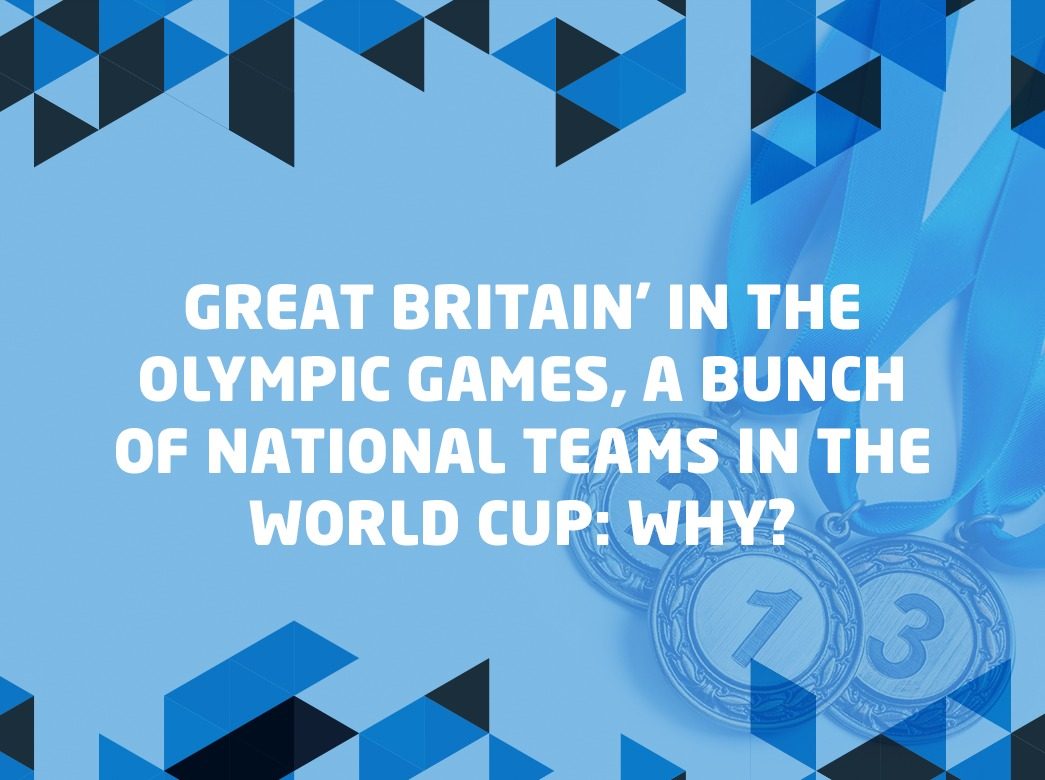
‘GREAT BRITAIN’ IN THE OLYMPIC GAMES, A BUNCH OF NATIONAL TEAMS IN THE WORLD CUP:
WHY?
At the World Cup, each UK country has its own National football team. England and Scotland
are the two main forces at the beautiful game and the have been great rivals since the 19th
century, before FIFA came to exist. That is the reason why, at the specific case of football
competitions (except the Olympic football tournament), the countries ruled by Elizabeth II
chose to keep playing as separate teams.
At the Olympic Games, however, all territories ruled by the British Crown compete under the
Great Britain flag, which, pay attention, is not the same thing as the United Kingdom. ‘Great
Britain’ is the name of the largest island of a cluster, where three countries are: England,
Scotland and Wales. On the other hand, the United Kingdom includes the Northern Ireland, for
it refers to the political unity among those four countries.
To sum up
Great Britain: the island where England, Scotland and Wales are.
The United Kingdom: A country formed by four nations: England, Scotland, Wales and
Northern Ireland.
It does not explain everything about the ‘Olympic Great Britain’. Although all competitors are
identified as ‘GRB’ during the competition, they may come from many places which belong to
the United Kingdom but are not on the island named Great Britain – the most obvious case is
the Northern Ireland. That includes the Island of Man and the Channel Islands.
To make things worse, some distant lands, such as the Falkland Islands and Gibraltar, which
are not even considered part of the UK, also send their athletes to the Olympic games to
defend the Great Britain flag. The athletes from all those places are enrolled in the British
Olympic Association (BOA).
There is a historical explanation for all this mess. At the beginning of the Modern Olympic
Games, Only the Great Britain used to compete and tradition led the name to be kept. Besides,
replacing the name ‘Great Britain’ with ‘the United Kingdom’ would solve the issue concering
the Northern Ireland and the smaller islands Only, leaving out the Falklands and Gibraltar.
However, this is not only about tradition. If those countries went to the Olympic games apart,
their performance in the medal board would be much poorer. England would be behind Russia
and the other countries would be at the very bottom of the list.









